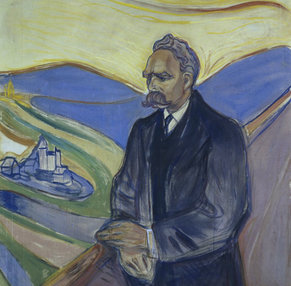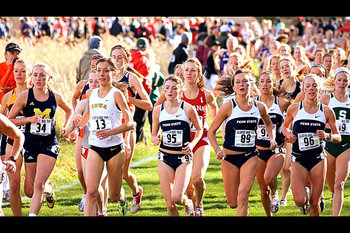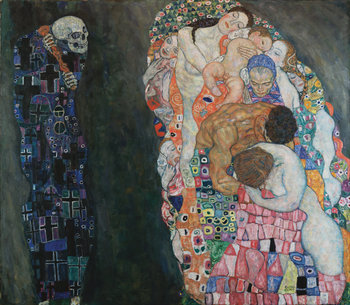
Agency
The prioritization of the collective and moral agency of humans based on the belief that humans can determine a correct moral path and work together to follow it.Freedom
The principle that humans are entitled to rights and freedoms.Equality
The principle that humans are equal.Value of Life
The view that life is valuable and that the human experience can be wonderful.Naturalism
Humanists embrace naturalism whereby they believe truth can be found in observing nature to determine natural laws and forces.Social
The view that humans are social beings that belong together as a collective such as a society or community.Altruistic Morality
The belief in a universal moral core of humanity and the view that humans are altruistic and moral. This often takes on an idealistic and euphoric tone.Human Flourishing
The goal of life under humanism is for human societies to flourish to produce "self-fulfillment." For example, humanists reject the idea that the goal of life is to prepare for an afterlife.Rational Thought
The principle that knowledge is rooted in rational thought, observation, experimentation and experience.Tradition & Culture
An embrace of all things human and deep respect for human traditions and cultures.Secular Humanism
Secular humanism is a comprehensive worldview that embraces human reason, naturalism, altruistic morality and distributive justice. Secular humanism specifically rejects religion as a basis for morality and decision making while holding the door open for it to be valuable as a tradition and culture.Religious Humanism
Religious humanism is a religious movement characterized by the absence of espoused belief in a God. Religious humanism focuses on serving human needs for ritual and community. Religious humanism is typically based on a number of principles and doctrines regarding human nature, society and the universe in general.Progressivism
Promotion of aggressive change, progress, science and technology.Ideology & Religion
Modern humanism isn't a succinct philosophy but is rather an expansive ideology and religion as represented by secular and religious humanism. These take a strong position on a broad number of social and philosophical issues such that they offer a complete worldview.| Overview: Humanism | ||
Type | ||
Definition | A philosophical tradition based around a belief in human agency, rational thought, naturalism and altruistic morality. | |
Related Concepts | ||






















